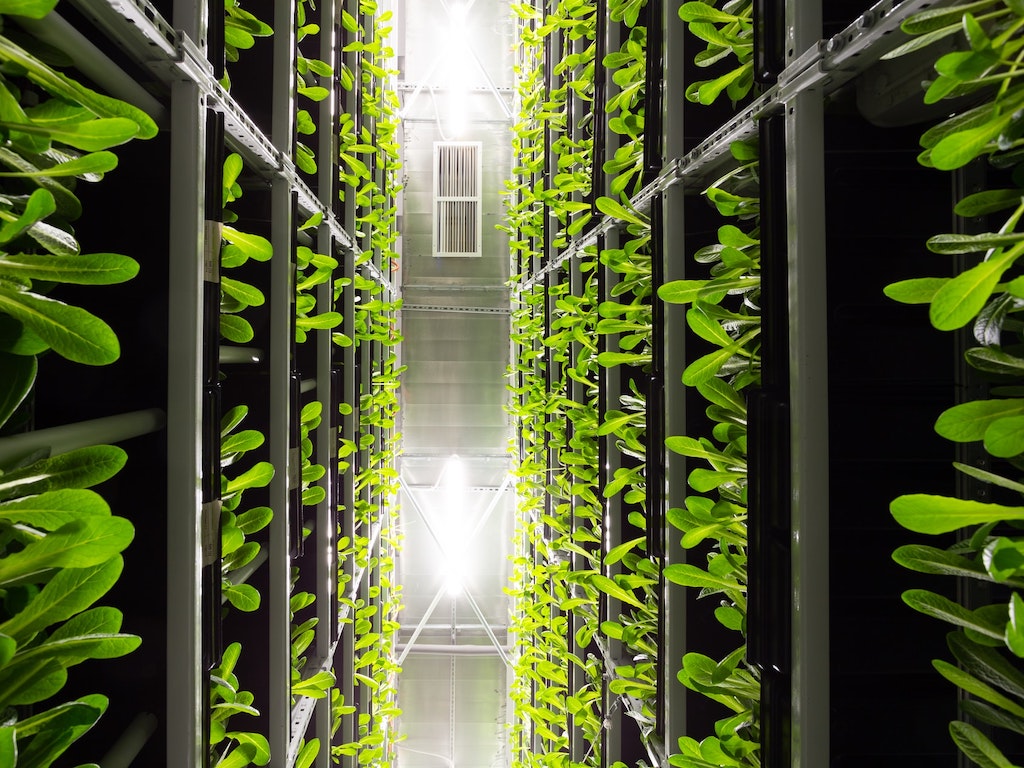5 Mins Read
Who’s leading the way forward in fixing our food system? These nine startups are making big progress.
Last year during the Asia-Pacific Agri-Food Innovation Summit, nine exciting Asia-based startups pitched their sustainable technologies aimed at building up our food system’s resilience to crises in the post-pandemic world.
Without further ado, below is a round-up of the startups hailing from all over Asia who are slated to pitch at the Summit next month and the disruptive technologies that they’re bringing to the table.
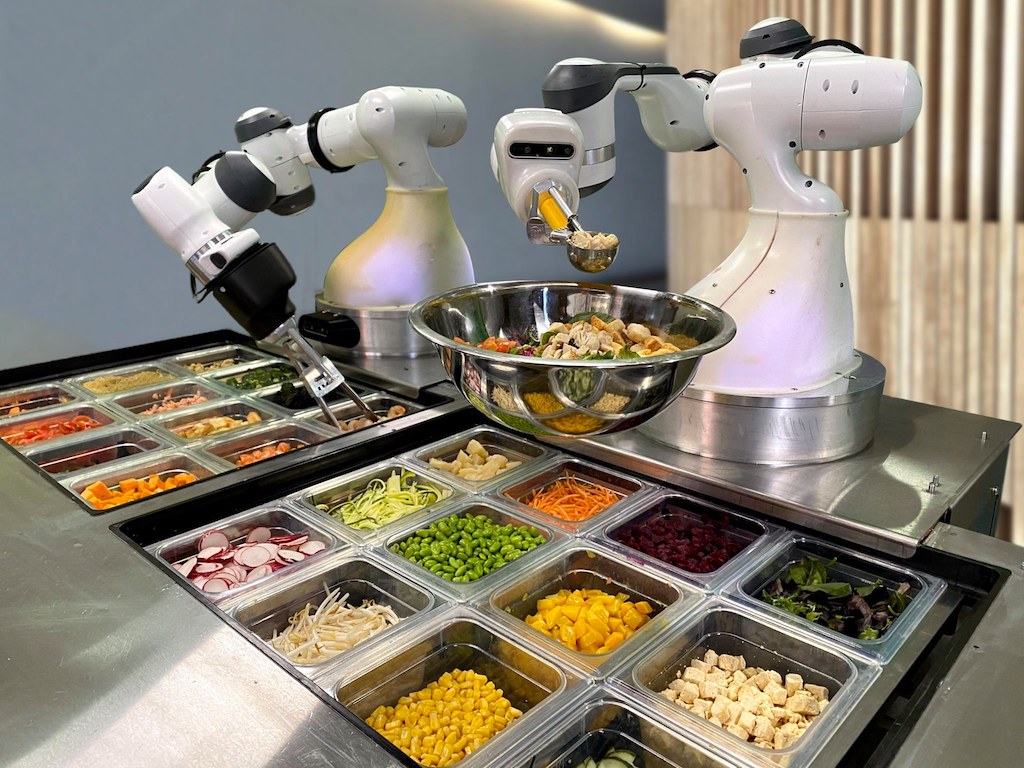
1. Augmentus (Singapore)
Founding date: 2019
Headquarters: Singapore
Founders: Yong Shin Leong & Daryl Lim
Mission: Augmentus is a Singapore startup that has developed a full-stack code-free robotic automation platform to enable any user, including those without any robotic experience such as urban farmers, to develop robotic systems. This solution means reduced time, lowered costs and skill barriers for robotic automation.
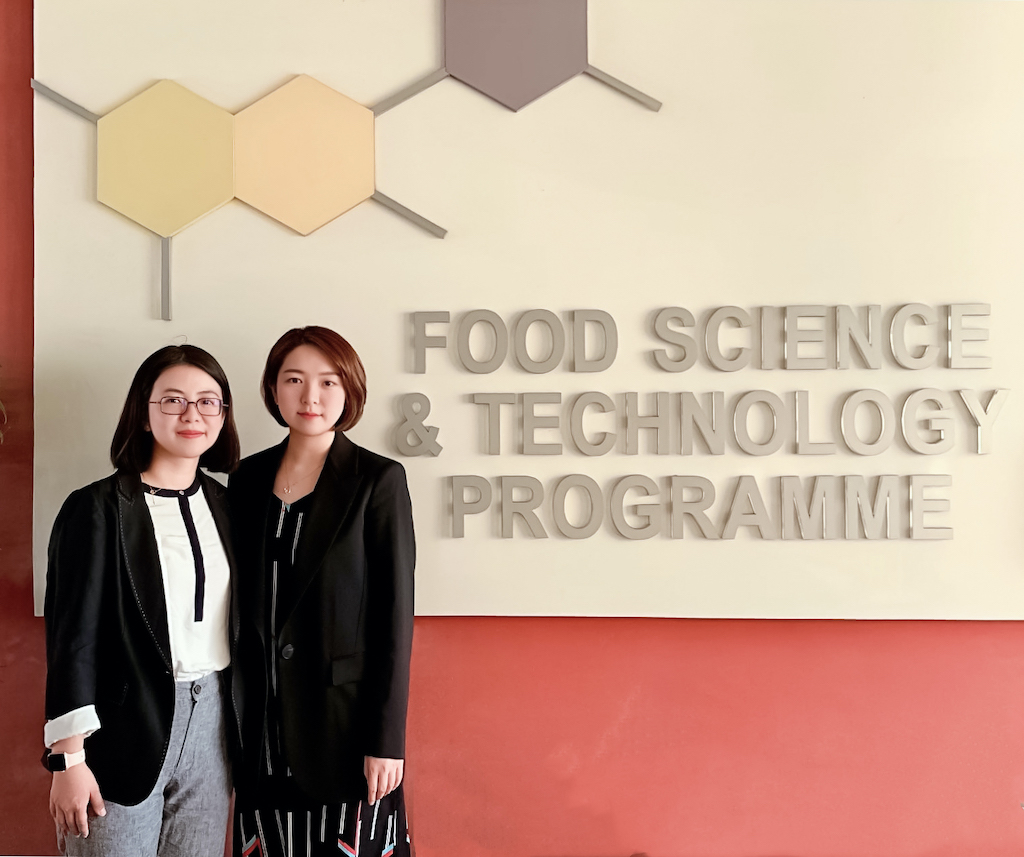
2. AuroraFood (Singapore)
Founding date: 2019
Headquarters: Singapore
Founders: Jing Gao & Xiaoxuan Jin
Mission: Created by scientists at the National University of Singapore (NUS), Aurora Food is a patent-pending food tech platform offering a glycemic index (GI) lowering technology that enables the production of baked goods and desserts with a slow sugar release without the use of any sugar alternatives. The company hopes to make sweet indulgences healthier and more diabetic-friendly via a B2B model with foodservice chains. Their first product is a baking mix that enables a slower sugar release without any sugar alternatives.
3. Chilibeli (Indonesia)
Founding date: 2019
Headquarters: Jakarta, Indonesia
Founders: Alex Feng, Damon Yue & Matt Li
Mission: Jakarta-based Chilibeli is an online shopping platform for fresh products such as fruit, vegetables and other daily household items, but with an added “social commerce” aspect whereby users can interact and buy and sell with other members of the community. Through this social commerce concept, Chilibeli hopes to facilitate micro-entrepreneurship through its Mitra Chilibeli, or Chilibeli for Partners program, in the process empowering Indonesian women.
4. GreenPod Labs (India)
Founding date: 2019
Headquarters: Chennai, India
Founder: Deepak Rajmohan
Mission: GreenPod Labs is an agri-biotech firm creating sustainable solutions to combat food waste in India. It’s flagship technology is a nano-tech active packaging that can extend the shelf life of fresh produce like fruit and vegetables across the supply chain. It works by using plant phenolic compounds to slow down the ethylene biosynthesis process, as well as activating an acquired resistance of the product to help it retain its fresh quality.
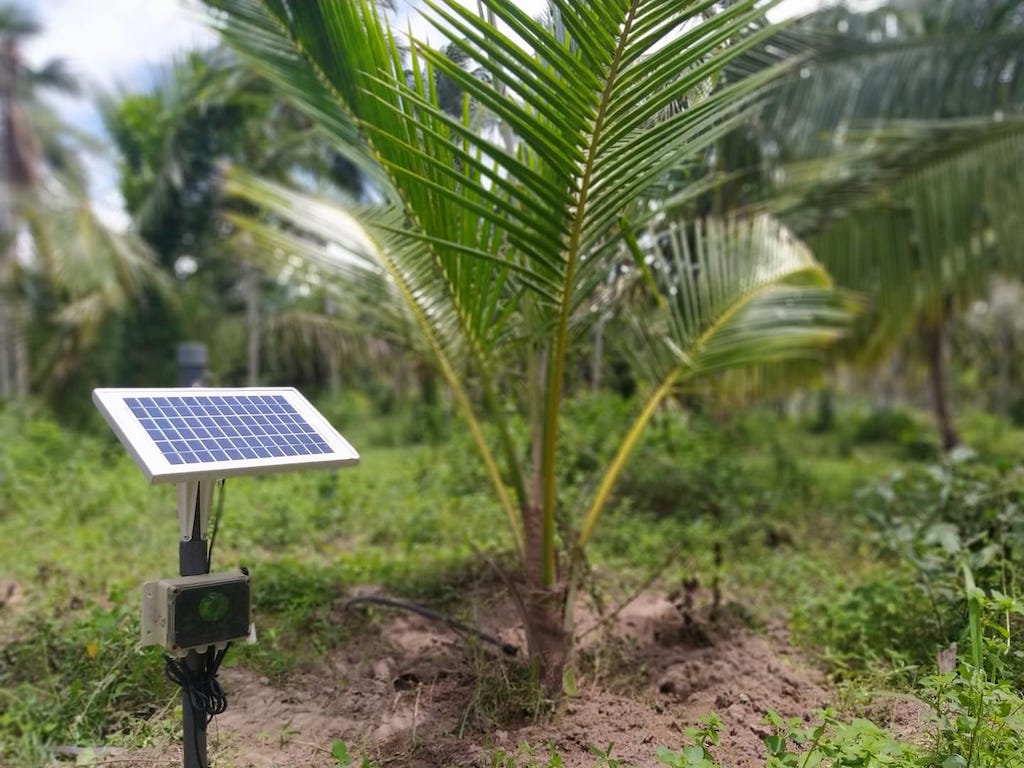
5. Senzagro (Sri Lanka)
Founding date: 2017
Headquarters: Colombo, Sri Lanka
Founders: Miller Alexander Rajendran, Anton Crises John Nirajh & Tharmakulasingam Jeyjenthan
Mission: Senzagro is an agriculture company that has created the world’s most advanced smart irrigation service, which automates optimal irrigation and adaptation to increase crop yields for farmers, while providing water and energy cost savings too. It’s IoT technology collects information about all environmental conditions that affect agriculture, from weather to moisture and soil fertility, which in turn is used to provide the data to automate the drips and sprinklers, providing exactly what farms need.

6. Shandi (Singapore)
Founding date: 2018
Headquarters: Singapore
Founders: Reena Sharma & Aditya Sharma
Mission: Shandi Global is a plant-based functional ingredients innovation and manufacturing startup creating plant-based meat analogues using “high performance chromatography” technology to naturally modify plants at the molecular level. It’s meat alternative is cruelty-free, vegan-friendly and sustainable, while boasting a similar nutritional profile in terms of protein and amino acids compared to real animal meat.
7. SingCell (Singapore)
Founding date: 2020
Headquarters: Singapore
Founders: Karolis Rosickas, Colby J. Colasanto & Steve Oh
Mission: SingCell is a provider of biotech development and manufacturing services for cultivated meat companies. In order to help cell-based food techs commercialise faster, they have come up with an automated scalable bioreactor system for the manufacturing of clean meat cells, which significantly reduces the cost of goods, increases cell count and viability.
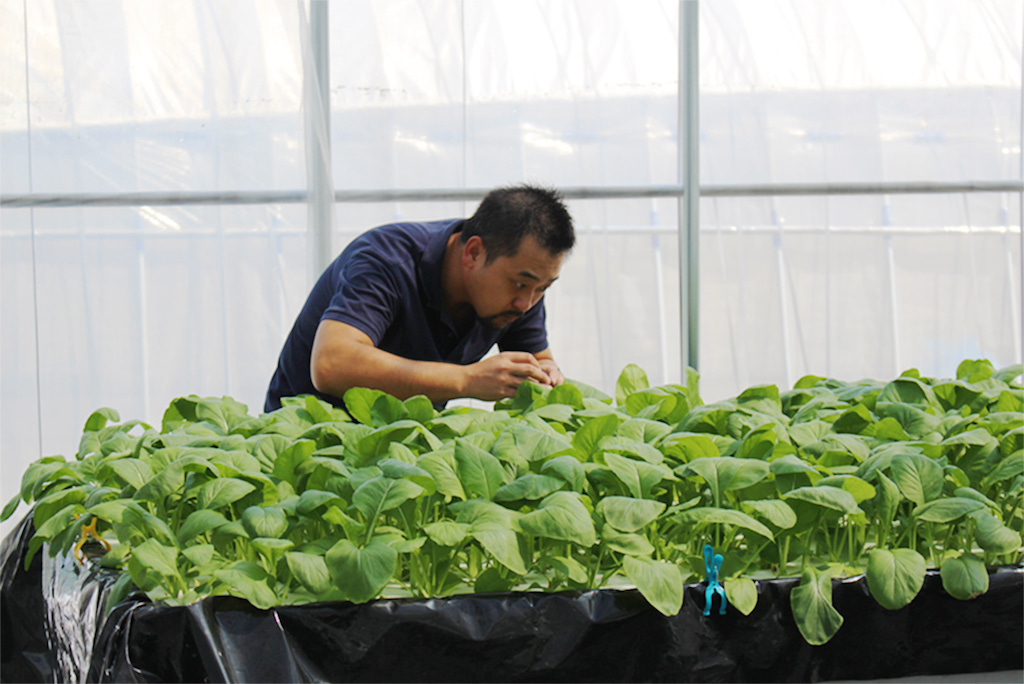
8. Tierraponica (Japan)
Founding date: 2018
Headquarters: Kawasaki, Japan
Founder: Chitose Group
Mission: Tierraponica, founded by the Asian biotech group Chitose Group, has developed a unique hydroponic technology that uses different types of organic matter from food factories to cultivate high-quality and high-nutrition vegetables while promoting a circular economy. It can be set up in any location, including in rooftops and indoors, using conventional hydroponic cultivation equipment, making it an ideal solution for sustainable urban farms to boost the self-sufficiency of cities.
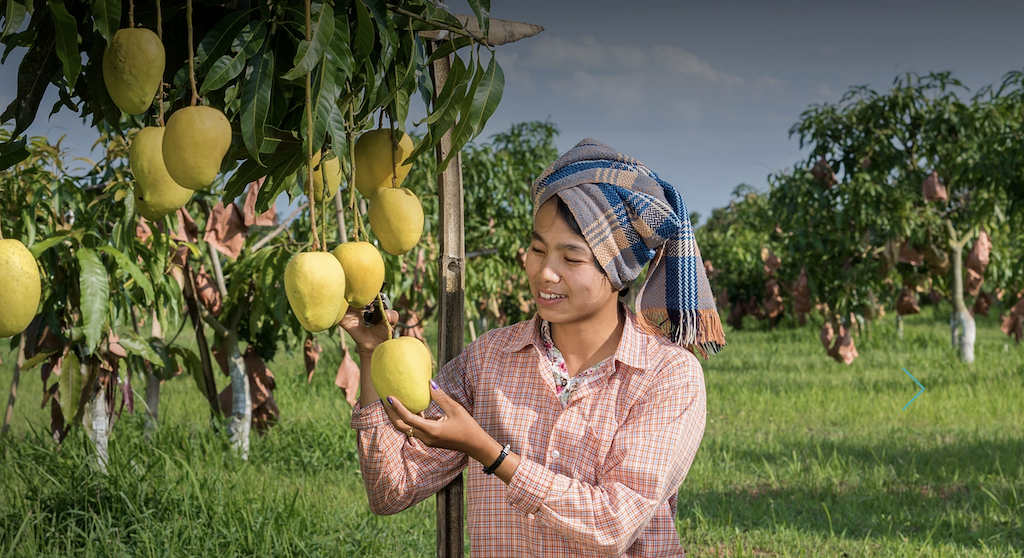
9. Village Link (Myanmar)
Founding date: 2017
Headquarters: Yangon, Myanmar
Founder: U Thadoe Hein
Mission: Village Link is an agriculture tech startup in Myanmar working to empower local agricultural and rural communities with mobile technology. Using advanced satellite capabilities and insights from agricultural and meteorological experts, business partners and its network, the company provides precision farming solutions and market access to smallholder farmers across the country.
Lead image courtesy of Unsplash.


